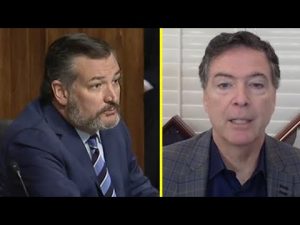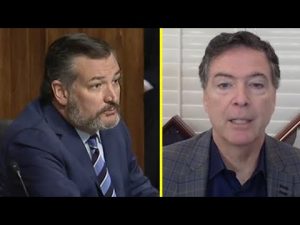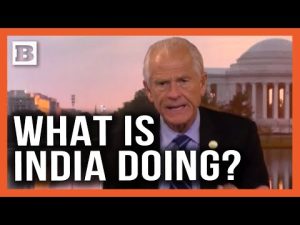In today’s turbulent political landscape, there’s a growing concern that the rhetoric from one side of the aisle might be pushing us toward a point of no return. Recent events point to a troubling rise in acts of aggression and accusations of domestic terrorism, and the evidence seems to weigh heavily against the left. As they hurl accusations at conservatives, it’s clear that the violence-fueling language isn’t emanating from the right. It’s high time for leaders to grow a backbone and stop tiptoeing around the clearly one-sided nature of this discourse.
The current climate is so charged that people like conservative activist Charlie Kirk and others feel under constant threat when simply making campus visits to engage in dialogue. The problem isn’t just that these events require a protective entourage; it’s that the atmosphere has become so toxic, visiting speakers face legitimate threats to their safety. In an age where open dialogue should be celebrated, why has it become an occasion for FBI investigations and arrests over death threats?
An incident at Tennessee State University shows how quickly things can go awry. Conservative individuals set up shop, attempting to engage in conversation, only to be met with hostility. And yet, the university described the students as behaving in a “professional and respectful” manner. If that’s their idea of respect, one wonders what would qualify as reprehensible. It seems that campuses, the supposed bastions of free thought, are more interested in maintaining a façade than truly fostering open debate.
The narrative spun by the left is one pillowing itself in delusion. When video evidence of chaotic, aggressive encounters is brushed off as “respectful,” it becomes apparent that the left is acting as if it’s wearing blinders. They accuse conservatives of being divisive while ignoring the reality of this aggression and encouraging others to see these incidents through rose-tinted glasses. The young men and women who dare to stick their necks out for a meaningful dialogue are admirable, if only because they wade into a fray that requires security details as a standard.
In the end, the focus ought to be on accountability and clarity. Whether it’s calling for federal assistance to address the overarching issues or encouraging campuses to genuinely champion free discourse, there is a call to action. The hope is that these issues might be tackled head-on, before every effort at conversation needs a security clearance. If this new normal doesn’t change, the possibility of returning to truly respectful dialogue seems increasingly out of reach.







